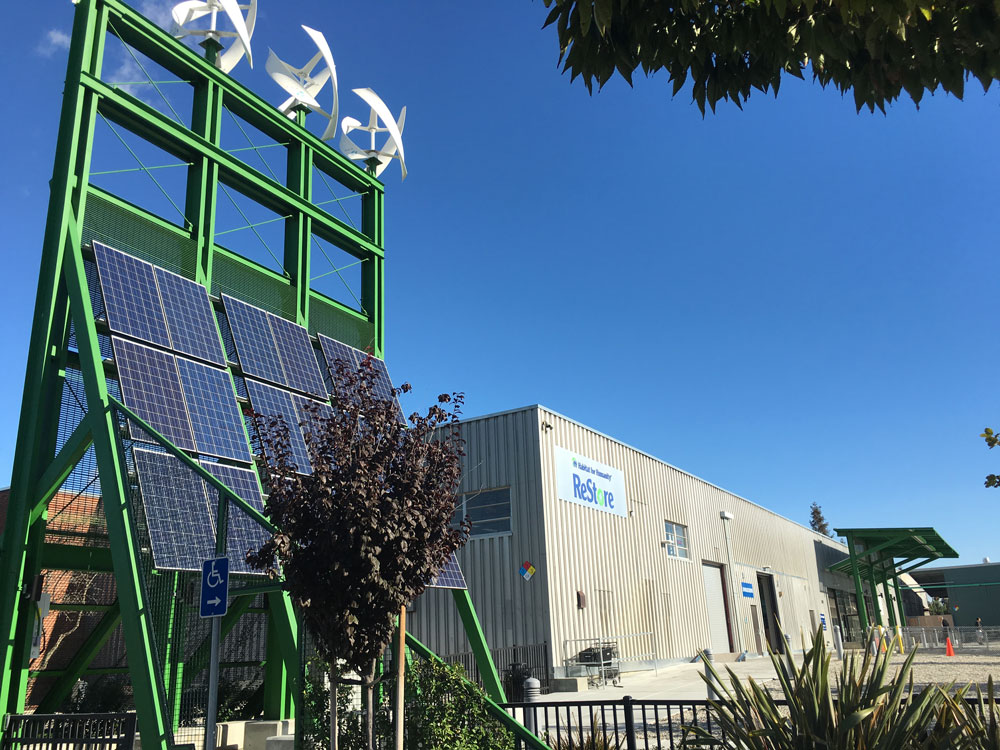Carbon Trading under the Paris Agreement
Under the Paris Agreement, each country submits a National Determined Contribution (NDC), which outlines how it plans to reach its emissions reductions goals within a certain timeframe. Article 6 of the Paris Agreement establishes ways for countries to cooperate in order to meet their NDCs. According to this system – which is referred to as “carbon markets” – one country can buy another’s “surplus” emissions reductions or finance mitigation projects in another country to get credit, instead of cutting its own emissions. Article 6 outlines three approaches: (i) Internationally Transferred Mitigation Outcomes (ITMOs), which will set up a market for trading carbon credits; (ii) a Sustainable Development Mechanism (SDM), through which countries can finance mitigation projects in another country to earn carbon credits; and (iii) non-market cooperative approaches to sustainable development, which have been largely undefined, but could include, for example, integrated water management or energy efficiency schemes.
While countries are still negotiating how to put in place carbon markets under Article 6, there is the real risk that these will undermine effective emission reductions, as high emitting countries might be able to simply buy credits instead of taking the necessary action to reduce their greenhouse gas emissions. Projects implemented in the context of carbon markets also pose real threats to human rights and the environment. The Clean Development Mechanism (CDM) under the Kyoto Protocol is proof of that. For instance, CDM-registered Barro Blanco dam that flooded indigenous lands and forcefully displaced communities in Panama.
In order not to repeat past mistakes, it is essential that carbon markets under Article 6 of the Paris Agreement include (i) robust human rights-based social and environmental safeguards; (ii) access to information and meaningful public participation; and (iii) independent, equitable, accessible, legitimate, rights-based, and transparent grievance mechanisms, which allows communities to seek remedy when projects under the mechanism cause harm.
Members of the HR&CC WG are working to prevent the operationalization of any Article 6 mechanisms that would risk undermining ambition, violating human rights, and preventing the world from keeping global temperature rise to below 1.5C degrees.
Briefings
Carbon Market Watch, Carbon markets 101 – the ultimate guide to global offsetting mechanisms (2020)
Center for International Environmental Law (CIEL), Integrating Human Rights in the Modalities Related to Carbon Markets Established under Article 6 of the Paris Agreement (2019)
Center for International Environmental Law (CIEL), Getting Article 6 Right with Human Rights (2019)
Carbon Market Watch, Reflection Note on the necessity for stakeholder consultations, avenues for redress, and environmental and social safeguards under Article 6 of the Paris Agreement (2018)
Clean Development Mechanism
Prior to the adoption of the Paris Agreement, members of the HR&CC WG engaged in the Clean Development Mechanism (CDM), established under the Kyoto Protocol to the UNFCCC. The CDM is a market-based mechanism that involves emissions trading between developed and developing countries. The CDM allows developed countries – specifically those included in Annex B to the Kyoto Protocol – to reduce their overall emissions more cost-effectively in developing countries than at home.
CDM rules and procedures contain some tools that help promote a rights-based approach, such as various channels for public participation. However, gaps persisted, and led to human rights violations in the context of CDM-registered projects. For instance, the Barro Blanco dam flooded indigenous lands and forcefully displaced communities in Panama.
Submissions
Submission to the UNFCCC re: revision of the CDM Modalities and Procedures (26 Mar 2013)
Submission to the CDM re: sustainability benefits (CIEL and Earthjustice, 3 July 2011)
Submission to the CDM re: proposed appeals procedure (CDM Watch et al., 22 Apr 2010)
Articles
Filzmoser, Voigt, Trunk, Olsen and Jegede, The Need for a Rights-Based Approach to the Clean Development Mechanism

